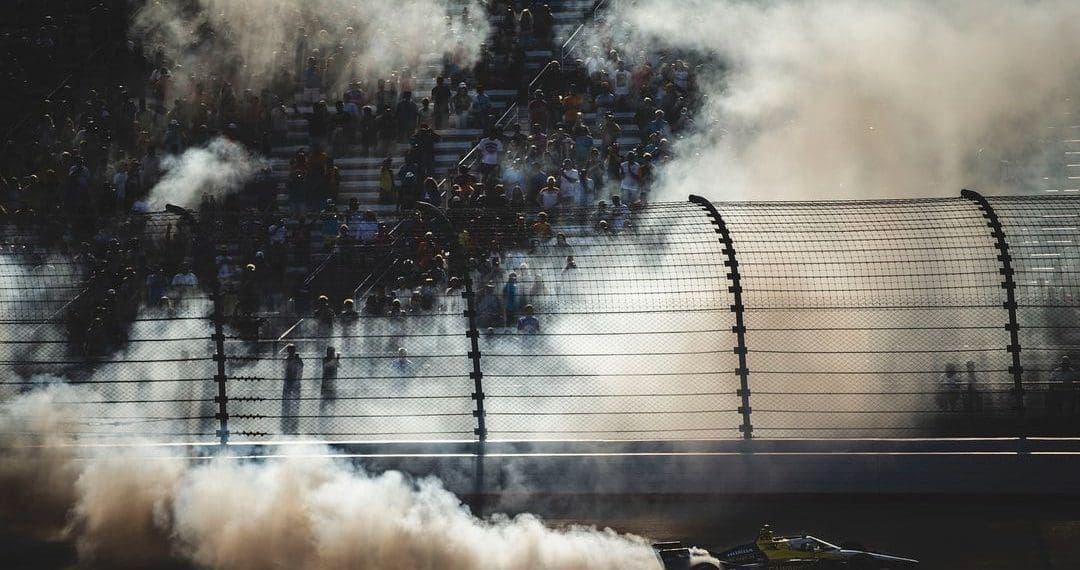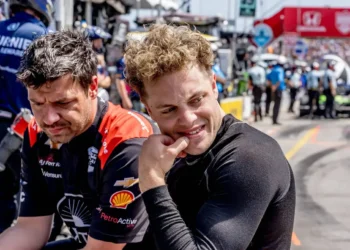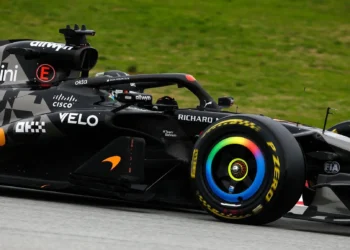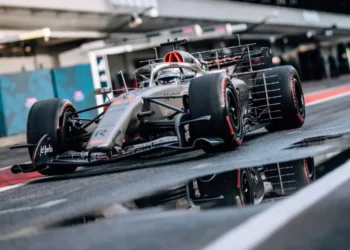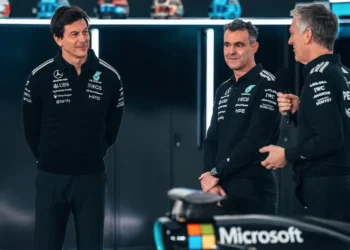After years of frustration, Colton Herta has finally secured his long-awaited Formula 1 super license following a stellar performance in the IndyCar championship, but the American star didn’t hold back when criticizing the FIA for what he described as their disrespectful representation of IndyCar on the world stage.
Herta, who clinched the vice-champion title in IndyCar this year after a stunning victory in Nashville, expressed his deep frustration over how IndyCar is underappreciated in the FIA’s super license system, which blocked his entry into Formula 1 for several years.
Back in 2022, Herta was on the verge of becoming the first American F1 driver since the late 2000s when Red Bull aimed to bolster its connection with U.S. fans. The energy drink giant had identified Herta as the prime candidate for a seat at their junior outfit (now AlphaTauri). However, despite being a standout performer in IndyCar, Herta lacked the super license points needed to make the jump to F1, costing him the opportunity of a lifetime.
“It feels like a hollow victory now,” said Herta, reflecting on finally securing the super license after years of hard work. “It would have been useful a few years ago when I was knocking on the door of F1. The fact that it took this long shows how the FIA undervalues IndyCar compared to other series.”
Herta didn’t mince words when calling out the FIA for its handling of the super license points system, which ranks IndyCar far lower than it deserves in comparison to other championships. The 24-year-old went so far as to urge the FIA to make IndyCar more accessible to potential F1 drivers.
Despite this disappointment, Herta has continued to thrive in IndyCar. His multi-year contract with Andretti Autosport ensures he will be a key player in the series until 2027, positioning him as one of the brightest talents in American motorsport.
Although his F1 dream remains elusive, it isn’t entirely off the table. Should Andretti succeed in its efforts to secure a spot on the F1 grid, Herta is widely expected to be the team’s first choice for a seat.
“While the super license came too late for my F1 ambitions, I’m focused on making my mark in IndyCar and continuing to push for championship success. But I hope the FIA learns from this and makes it easier for drivers from other series to access Formula 1,” Herta concluded.
The saga surrounding Herta’s super license serves as a stark reminder of how the FIA’s policies can sometimes stand in the way of the sport’s natural talent, potentially hindering the growth of motorsport globally.

